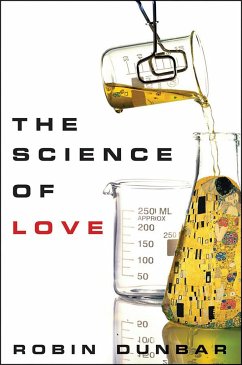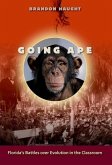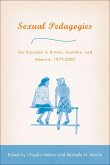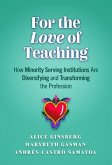Praise for "The Science of Love" "Bridges the gap between the biological explanations for humans' romantic behaviour and the psychological, historical, social and evolutionary contexts that help to shape it. Dunbar excels at taking obvious and familiar information--men prefer curvy women; women prefer men who dance well; older women rarely reveal their ages in lonely-hearts columns--and explaining the complex and often unexpected evolutionary science that lies behind it all." --The Economist "As well as looking at the science of attraction--what happens in our brains when we fall in love--Dunbar offers an engaging analysis of the differences between the sexes in their choice of life partners. Dunbar covers familiar ground, such as our inclination towards partners who resemble our parents, and how passion tends to wane three years into a relationship, but he always offers a refreshing take. "The Science of Love" is an empowering read. Only by better understanding why we act in certain ways or what is prompting a particular emotion can we make the necessary choices to improve our love lives." --The Independent (UK)








